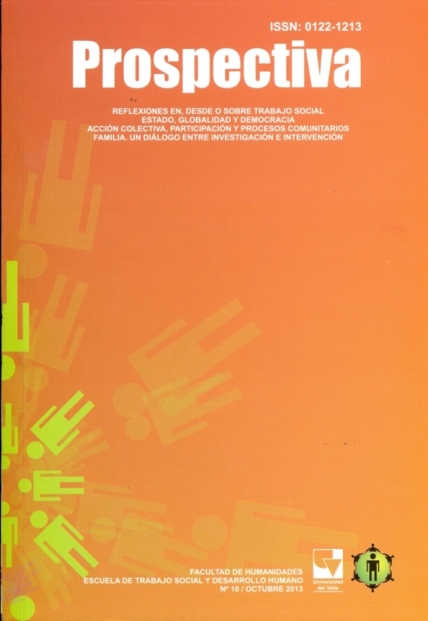The lost authority and the emergence of bureaucracy
Main Article Content
Hannah Arendt noted that the disappearance of authority from the public domain, as conceived and practiced by ancient Romans, has been the cause of the current political crisis in the West, highlighting the American Revolution (Independence of the United States) as the only successful event in the modern world that was closer to its exercise.
This Arendtian perspective serves as the basis to inquire into the possibility of rescuing authority for the modern world, as a way not only to ratify Arendt’s judgment and to draw conclusions on the unlikelihood of achieving such a recovery and on the failure of modern revolutions, but also to reveal, as a consequence of such loss, the appearance of bureaucracy and, consequently, of the transmutation of citizens into civil servants, with the concomitant emergence of the banality of evil, and the good as the other side of the same coin.
Bureaucracy whose efficient instrumental condition has contributed to the exacerbation of capitalism in his globalizing expression, which has led to ruin the scheme of nation-State on which was based the hope of revolutions, understood as the return to a point which is not must start from the latter.
The only possibility for the man who rescue it from its status as a tool of work and consumption, agent for the increase of the global capital of corporations, will be done through political action through the cultivation of humanity, what Derrida has called worldisation, in opposition to globalization, whose most propitious Stadium, in his view, area from which contribute to the recognition of the man in its plural condition, to make it thinking the man as an itself same.
Downloads
Authors who publish in this journal agree to the following terms:
- Authors assign the patrimonial rights to the journal and to Universidad del Valle on accepted manuscripts, but may make any reuse they deem pertinent for professional, educational, academic or scientific reasons, in accordance with the terms of the license granted by the journal to all its articles.
The journal publishes articles under the Creative Commons BY-NC-SA 4.0 (Attribution-NonCommercial-ShareAlike 4.0 International) license.





